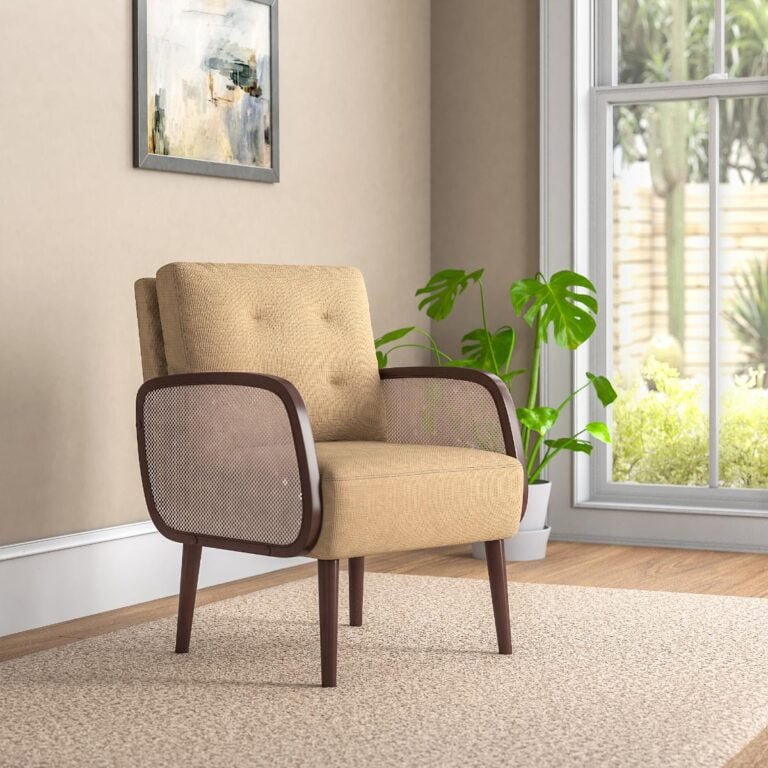High-Quality 3D Furniture Visualization for Stunning Product Presentations

The modern furniture market demands engaging visuals to appeal to customers and improve sales results. Through 3D visualisation, furniture makers reveal their designs with true-to-life precision in realistic, styled spaces. With state-of-the-art rendering, brands can produce images that showcase materials, finishes, and details, helping shoppers picture furniture in real environments.
Understanding 3D Furniture Rendering and Its Uses
3D furniture visualisation employs CGI to craft detailed digital models and renders of furniture. These visuals capture intricate details, from fabric textures to wood grains, providing a level of realism that photography alone often cannot achieve. By presenting furniture in beautifully designed virtual environments, brands can inspire customers and make it easier for them to imagine the products in their homes or offices.
How 3D Rendering Benefits Furniture Marketing
For strong online and offline promotions, high-quality visuals are vital, and 3D rendering delivers cost-effective results. Instead of relying on physical samples and studios, 3D visualisation provides a quicker, cheaper solution. These images are flexible, allowing quick changes to finishes and layouts for use across multiple channels.
How 3D Rendering Elevates Marketing Campaigns
By using 3D rendering, furniture brands can create visuals that differentiate their products in competitive spaces. Brands deploy these realistic visuals online and offline to display furniture in curated living spaces. These images help customers see and trust products, boosting interaction and conversions.
Realistic Lifestyle Renders for Customer Appeal
One core advantage of 3D visuals is featuring furniture within realistic, designed environments. Renders highlight furniture in designed environments, with coordinated accessories and lighting for context. By showcasing full settings, brands strengthen the emotional pull for customers, boosting interest and conversions.
Adaptable Furniture Visualisation for Creative Marketing
3D rendering outperforms photoshoots 3d Furniture Visualization in providing versatile presentation options. Companies can vary looks digitally, saving effort compared to making multiple prototypes. This versatility allows brands to showcase various product options quickly, catering to diverse customer preferences while maintaining consistency in quality and style.
The Budget-Friendly Advantages of 3D Furniture Rendering
Producing traditional images involves heavy costs like prototype builds, studios, and shipping. Visualisation reduces outlays by eliminating physical builds and allowing rapid edits. This method enables brands to produce large-scale, top-quality visuals cost-effectively for campaigns.
Interactive 3D Renders to Build Buyer Confidence
With furniture sales shifting online, 3D visuals help brands build credibility and trust. Interactive renders showcase products comprehensively, guiding informed customer decisions. Detailed views decrease the likelihood of returns while boosting satisfaction.
Accelerating Furniture Launches with 3D Visualisation
With 3D renders made pre-production, businesses push marketing forward and launch products quickly. This speed lets brands debut collections and seasonal content faster than rivals.
Why 3D Rendering Supports Strong Brand Presentation
3D visualisation allows brands to maintain stylistic coherence across catalogues, e-commerce, and ads. Brands utilise 3D renders to project a cohesive aesthetic across channels, strengthening identity.
The Rising Popularity of 3D Visuals Among Furniture Companies
Amid intense competition, furniture companies embrace 3D visuals to gain an edge. Because it delivers realistic, adaptable, and affordable visuals, 3D rendering appeals to brands seeking better presentations and sales.
Final Thoughts on 3D Furniture Visualisation
Manufacturers, sellers, and designers treat 3D rendering as a crucial asset for powerful product showcases. Its realistic detail, adaptable formats, and cost benefits allow brands to strengthen marketing and customer engagement. For catalogues, digital shops, and ads, 3D renders make products stand out and perform better in competitive arenas.